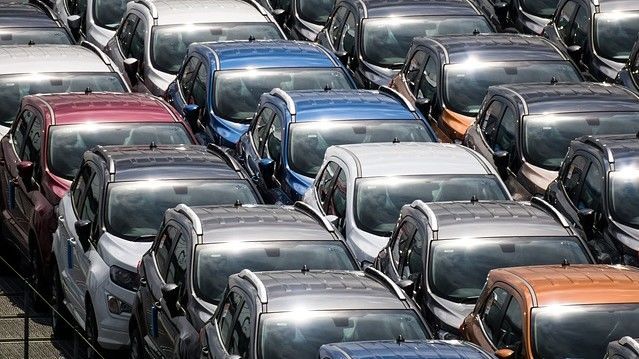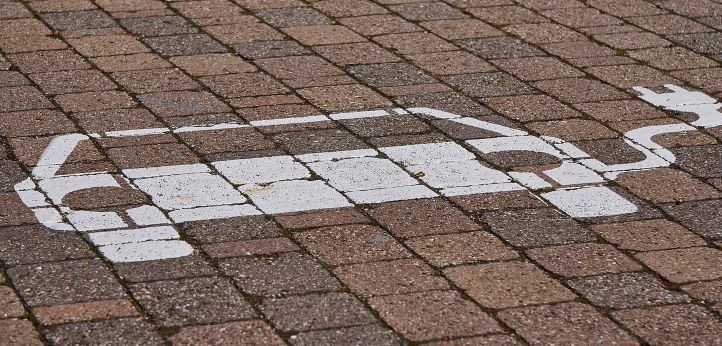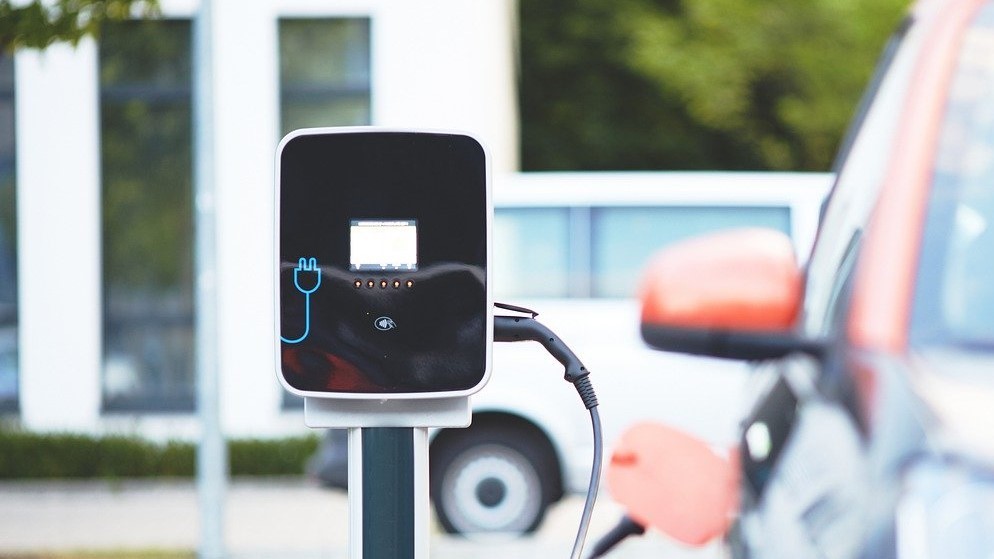The German passenger car market continued to decline at the beginning of the second half of the year. In July, 13 percent fewer new passenger cars were registered than in the same month of the previous year. The Federal Motor Transport Authority (KBA) counted 205,900 new registrations. Around 1,444,000 new passenger cars were registered in the first seven months of 2022. This means that the German passenger car market is 11 percent below the previous year’s level for the year as a whole so far. This is the lowest passenger car sales in more than 30 years. After seven months of 2022, the market share of the VDIK members is around 40 percent (previous year: 39 percent).
Reinhard Zirpel, President of the Association of International Motor Vehicle Manufacturers (VDIK), stated: “The second half of the year is also off to a disappointing start. The German passenger car market remains in reverse gear. In the first seven months, even fewer new passenger cars were registered than in the same period of the corona year 2020. However, it remains the case that the market does not reflect the true demand situation due to ongoing supply problems. Order backlogs remain very high. Customers want to buy more cars than are available.”
The private market fell about 13 percent in July to just under 72,000 units. Cumulatively, the private market was down 4 percent.
Bucking the market trend, new registrations of battery-electric passenger cars increased. In July, they were up 13 percent, and after seven months the increase is around 196,000 new registrations. New registrations of plug-in hybrids also fell in July against the backdrop of the continuing uncertain subsidy situation. The decline amounted to 21 percent. In the year to date, just under 163,000 plug-in hybrids have been newly registered, a decline of 16 percent.
In total, just under 639,000 passenger cars with an alternative drive system have been registered so far in 2022. These include electric cars, hybrids with and without plugs, mild hybrids, gas-powered passenger cars and fuel cell vehicles. This means that 44 percent of all new cars in Germany had an alternative drive system (Jan.-July 2021: 39 percent). In contrast, around 287,000 diesel cars were newly registered between January and July. That is 20 percent fewer than in the same period of the previous year. The diesel share has thus fallen to 20 percent (prior-year period: 22 percent).
The commercial vehicle market also recorded another significant drop of 18 percent in July, with around 23,700 new registrations. In the first seven months of 2022, just over 174,000 new commercial vehicles were registered, representing a drop of 19 percent. While new registrations of heavy commercial vehicles were only just below the previous year’s level, there was a significant decline in light commercial vehicles.
| July | January – July | ||||
|---|---|---|---|---|---|
| +/- (%) | Share of total car market (%) |
+/- (%) | |||
| Passenger car | 205,900 | -13 | 1,443,900 | -11 | |
| – VDIK-brands | 83,500 | -10 | 41 | 574,600 | -19 |
| – german brands | 115,800 | -18 | 56 | 831,700 | -14 |
| – other brands | 6,600 | 174 | 3 | 37,600 | 48 |
| Electric vehicles (total) | 52,500 | -6 | 25 | 358,700 | -3 |
| – purely battery-powered | 28,800 | 13 | 14 | 196,100 | 13 |
| – plug-in-hybrids | 23,700 | -21 | 12 | 162,600 | -16 |
| Commercial vehicle | 23,700 | -18 | 174,300 | -19 | |
Source: KBA, VDIK





